The Halqa as the Archetype of the Theatre
One could name the Halqa as an archaic type of theatre: A circular, flexible, pulsating ‘architecture’, that forms up around the artist. The term “circus”, that has been transmitted from the ancient world, literally characterizes the Halqa in its circular shape. However, both the terms “theatre” and “circus” are genuinely European notions and don’t have any real equivalences in Maghreb culture.
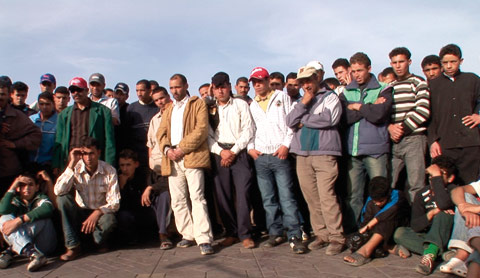
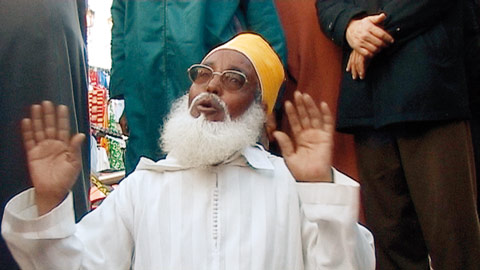
The partially ancient patterns and themes that are adopted into the stories give an insight into the collective Soul of the Maghreb: Ideals and moral attitudes and their differences – for example in terms of gender role – form a blueprint of the relativity and the historical inconstancy of ethical and cultural standards.
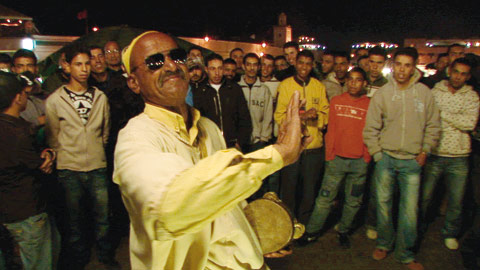
The arts of these virtuous and verbose orators are at risk to disappear. The Djemaa El Fna Square has changed rapidly during the last five years. Apart from the internet-cafes, many tea-houses and cafes with oversized screens that popped up which show Holly- and Bollywood films for the price of a drink. The black market selling self-burned DVDs from all over the world has become endemic.
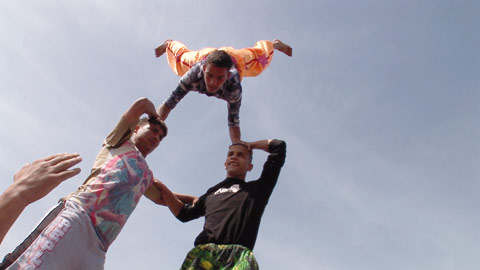
In the light of the glaring fascination for electronic media and the seemingly effortless disposability and passive consumption of media, the orators, acrobats, dancers, magicians and storytellers are struggling.
The storyteller in specific plays a different league. He demands of his audience and of himself a certain amount of time. An amount of time, that cannot be fast-forwarded or skipped. The storyteller unfolds the story at his tempo and pace to fit the mood. He demands concentration and the willingness to learn from his audience. This stands diametrical against the consumption of fast electronic images. In every story he calls upon a long line of allegorical allusions. Their yield can only be apprehended if you listen to them again and again and allow the words to take effect and interchange them with others.
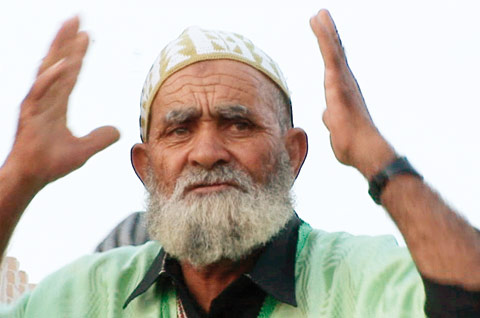
Today there are only very few storytellers left who master the entire art, the immense repertoire of orally transmitted stories. Most of them are at an age and where there are almost no successors who want to learn this craft. For this reason the future of these true “freelancers” is in doubt.